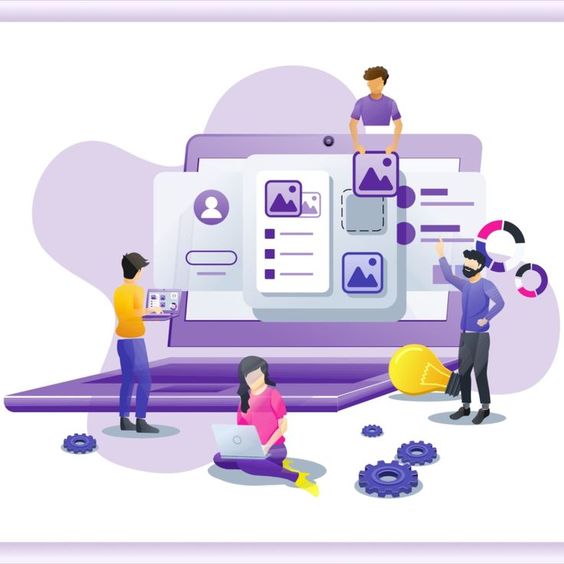The digital landscape has undergone a remarkable transformation with the advent of blogging, and WordPress stands at the forefront of this revolution. WordPress has enabled millions to share their ideas, opinions, and experiences with a global audience.
In this article, we’ll explore how WordPress has revolutionized online content creation through the power of blogging.
The Birth of WordPress and Blogging
- Early Blogging Platforms
Before WordPress, creating a blog required technical expertise in coding and web development. Early blogging platforms needed more functionality and customization.
- WordPress’s Arrival
In 2003, WordPress emerged as a user-friendly solution that democratized content creation. Its intuitive interface allowed individuals to start blogs without prior coding knowledge.
Empowering Individuals and Businesses
- User-Friendly Interface
WordPress introduced a visual editor that made content creation as simple as writing in a word processor. This accessibility opened the doors for countless individuals to become online content creators.
- Customization and Themes
The introduction of themes allowed bloggers to personalize their website design without hiring designers or developers, democratizing design and branding.
- Plugins for Functionality
The plugin architecture allowed bloggers to add features like social media sharing, SEO optimization, and e-commerce functionality without coding.
Navigating the Evolution
- The Rise of Content Diversity
WordPress’s versatility went beyond personal blogs. It accommodated various content types, including news websites, portfolios, e-commerce stores, and online magazines.
- Responsive Design and Mobile Accessibility
WordPress embraced responsive design as mobile usage surged, ensuring that websites looked and functioned seamlessly across devices.
- Gutenberg and Visual Editing
The Gutenberg editor further transformed content creation, introducing a block-based approach that simplified layout design and made multimedia integration effortless.
Community and Collaboration
- Open Source Philosophy
WordPress’s open-source nature fostered a global community of developers, designers, and enthusiasts who contributed themes, plugins, and solutions.
- Global Impact
The WordPress community transcends borders and languages, reflecting its impact as a tool that empowers diverse voices and stories.
Beyond Blogging: The Content Ecosystem
- Content Management System (CMS)
WordPress has become an advanced content management system for businesses and organizations to handle complex websites.
- E-Commerce Integration
Plugins like WooCommerce turned WordPress into a robust platform for online stores, enabling entrepreneurs to sell products and services.
- SEO and Visibility
WordPress’s SEO-friendly architecture and plugins enhanced website visibility, helping content creators reach wider audiences.
Conclusion
WordPress has revolutionized online content creation by democratizing the process, enabling individuals and businesses to share their stories and expertise with the world. What began as a simple blogging platform has evolved into a robust content management system that fuels websites of all types. As WordPress continues to grow, it remains a cornerstone of digital expression, fostering collaboration, creativity, and connectivity across the globe.
Whether you’re an aspiring blogger, a business owner, or a content creator, WordPress’s legacy is a testament to its transformative power in shaping the digital narrative.
If you’re looking to utilize WordPress for your online presence, consider partnering with a professional WordPress website development company in india. Their expertise can assist in creating a website that embodies the revolutionary capabilities of WordPress.







